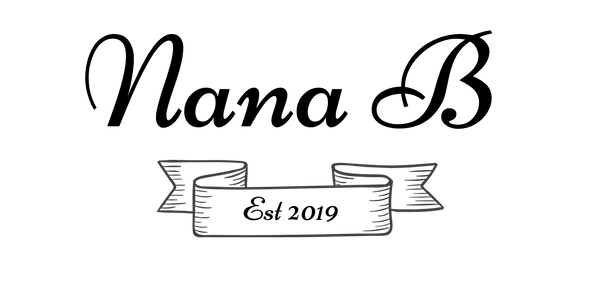If you’re expecting a little bundle of joy in the coming months, there’s lots you need to get prepared before they’re born!
There are so many baby products on the market that knowing which ones are important to get in before you bring your little one home can be quite difficult – especially when you’re first-time parents.
Here’s a guide to the Baby Essentials you need as you prepare for your new arrival.
Newborn Clothing
Clothing is something you probably already have on your checklist, but you’ll end up changing your baby’s clothes more than you think, so it’s imperative you have enough available for when you need to put them in something fresh and clean. Generally, 10 bodysuits and 10 sleepsuits are enough to get you by, along with t-shirts, trousers, jumpers and dresses should you need to use them. Newborns grow so quickly over just a few months so don’t overload their wardrobe with things they may never get round to wearing, but stay on top of this side of things so you’re always prepared if they need a change.
Clothing also depends on the time of year you’re expecting your baby – late Spring and Summer newborns may not need the chunky knits and cozy cardigans that winter and autumn babies need – instead, they’ll need something that will still keep them warm, but also cool in hot temperatures. Sun hats are also important for protecting your baby’s delicate skin and eyes from harsh sunrays.
Travel
If you’re taking your baby home from hospital, you’ll need a safe and secure way to travel with them. Rear-facing car seats for babies and infants are a legal requirement until they are over 15 months old, so make sure you have one ready and are used to fitting it inside your car ahead of birth.
Think about your lifestyle when it comes to pushchairs and prams – if you’re going to be travelling a lot, a travel system would be ideal, but if you’re staying in more often, a standard pram or pushchair could suffice. Some prams have age-limits, so make sure the one you purchase can be fully reclined for newborns and isn’t only suitable for babies 6 months old and over.
Other things you should consider include a changing bag for all the essentials you’ll need when you’re out of the house, and a carrier so you can keep your little one close whilst you’re on the go.
Sleep
NHS guidance suggests that your baby should sleep in the same room as you for the first 6 months, so a bedside crib will help to keep them safe in the night whilst also close to you, and will be helpful for the night feeds and times you need to comfort them when they wake up in the early hours.
Most parents will also have a cot already prepared to move their baby into when they’re old enough, and will stock up on baby bedding such as cot sheets and blankets for their transition from the crib. Heavy bedding such as pillows and duvets are not recommended before 12 months old, so baby blankets are the way to go to keep your newborn warm and cozy without risk. Swaddles are also often used by parents who want to cocoon their baby in those early months to give them that same feeling they had in the womb, and can help to prevent them scratching their skin during sleep.
Baby monitors and cameras are helpful for when you put your baby down to sleep, but have other things to do in the meantime. It allows you to stay aware of your newborn if they awake whilst you’re away from them.
Health
Baby nail clippers and files help to keep their nails short, preventing them scratching themselves or you. Nail clippers for babies are softer and smaller than ones made for adults, making them safe for your little one.
Baby brushes help to remove cradle cap, and aren’t harsh on their scalp, helping to encourage hair growth whilst alleviating symptoms of cradle cap in a gentle manner to protect their sensitive skin.
Dummies are also good items to stock up on, but shouldn’t be used with a newborn until they establish a feeding routine – this usually takes around 6 weeks, and shouldn’t be used for longer than 12 months – the recommended time to stop using a dummy is between 6 months and a year.
When it comes to feeding, getting formula and bottles in near the time of birth gives you an instant supply when you need it as soon as you get home, so you won’t need to rush out to the shops. If you’re breastfeeding, then muslins can help to keep them comfy and add a bit of privacy when you desire it. Muslins can also double up as blankets, on top of changing mats, in pushchairs, after baths and to keep you and your baby clean after feeding – they’re handy items to have available.
Ensuring you’re prepared before you give birth will help to reduce the stress and pressure that a newborn can bring, and lets you have everything ready to use at your fingertips. Start investing in these items ahead of your new arrival and you can rest assured you’re 100% ready for them to come into the world!

